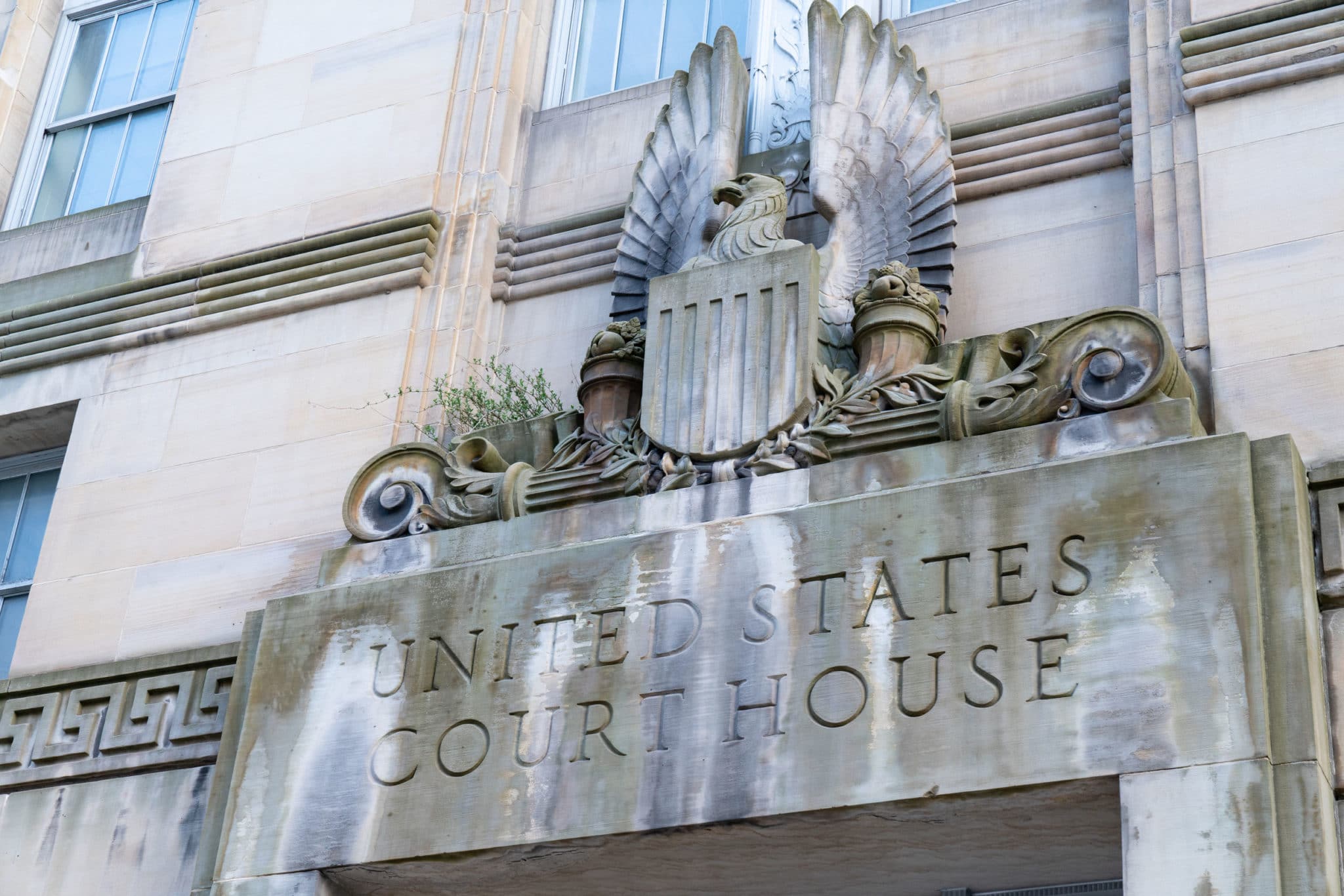Feds Have Eyes on Chicago Cocaine Trade
Drugs are a consistent problem in many large cities all over the nation, and recently, the federal government has taken a greater interest in Chicago. Although Chicago cartel affiliates primarily deal in heroin and fentanyl, feds currently have an eye out for an uptick in cocaine trafficking.
Why? Because cocaine production has increased dramatically in South American in recent years, according to the DEA.
In the past year, this agency has spent significant amounts of time and resources working to take down cocaine cartels, and as recently as March 2020, a single operation caught 600 people total, 50 of which were Illinois residents involved in a Chicago cocaine supply line.
In June, the feds then arrested another alleged cocaine producer who operated in Chicago itself. This is just a small sample of the cocaine prosecutions that occur in Chicago regularly.
The Illegal Drug Scene in Chicago
Currently, cocaine is not the most common drug in Illinois. Fentanyl, heroin, meth, and opioids are more frequently abused right now.
Because of the increase in production in the southern hemisphere, though, it’s expected that cocaine is going to become more common in the US — especially in hubs like Chicago.
That said, cocaine is difficult to produce in the US, so it is commonly smuggled, making it a tempting target for the DEA. The agency can manage larger numbers of drug smugglers in a single investigation compared to small, US-based meth or fentanyl producers.
All of these factors lead us to a single conclusion: It’s safe to expect a continuing crackdown on this drug as time goes on.
Chicago’s Cocaine Penalties
Considering the increasing likelihood of cocaine prosecution, understanding how Illinois penalizes the drug is important.
There are three categories of cocaine crime in the state: possession, sale, and trafficking. A conviction on each of the three crimes can be the difference between a fine or spending life in an Illinois prison.
Possession of Cocaine
Cocaine possession is the least severe charge related to the drug. Having even the smallest amount is still a felony charge, however. Less than 15 grams found on your person is a class 4 felony, leading to fines of up to $25,000 or three years in jail.
Possessing anything over 15 grams becomes a class 1 felony, with mandatory minimums of at least four years in prison and the potential for up to 50 years. Fines for possessing more than 100 grams? Either $200,000 or the current street value of the drug, whichever is higher.
Sale of Cocaine
Selling cocaine is considered more serious. Selling less than a gram of the drug is a class 2 felony, carrying 3-7 years in prison. Selling between 1-15 grams is a class 1 felony, with similar penalties to possession of the same amount of cocaine.
Finally, selling more than 15 grams is considered a Class X felony, the second most serious crime level in Illinois. Additionally, selling cocaine near a school or truck stop leads to double penalties, and selling cocaine to a minor is a Class Y felony.
Trafficking of Cocaine
Trafficking is the most severe drug crime. Transporting just 15 grams of cocaine is a class 1 felony carrying up to 15 years in prison and $250,000 in fines.
Trafficking more than 15 grams is a class X felony, with fines of $500,000 or the street value of the trafficked amount, whichever is higher. Prison sentences can be as high as 60 years for trafficking larger amounts.

It’s important to remember that these are just the Illinois penalties for cocaine. People accused of having, selling or trafficking cocaine can be charged by both the state and the federal government. Get the federal DEA involved and it’s possible to face even more severe penalties than you might face from Illinois charges alone. If you have been accused of any cocaine drug crime, you should seek out experienced legal representation immediately.
About the Author:
Andrew M. Weisberg is a former felony prosecutor who now serves as a defense attorney in the greater Chicago area. He has extensive experience in handling all types of criminal cases, from sex offenses and domestic violence to retail theft-related crimes, murder, and drug crimes. His work has been recognized by Avvo, Expertise, National Trial Lawyers, and others, and he has been featured on countless news outlets for his experience and knowledge in criminal law.







 Blog Home
Blog Home 










